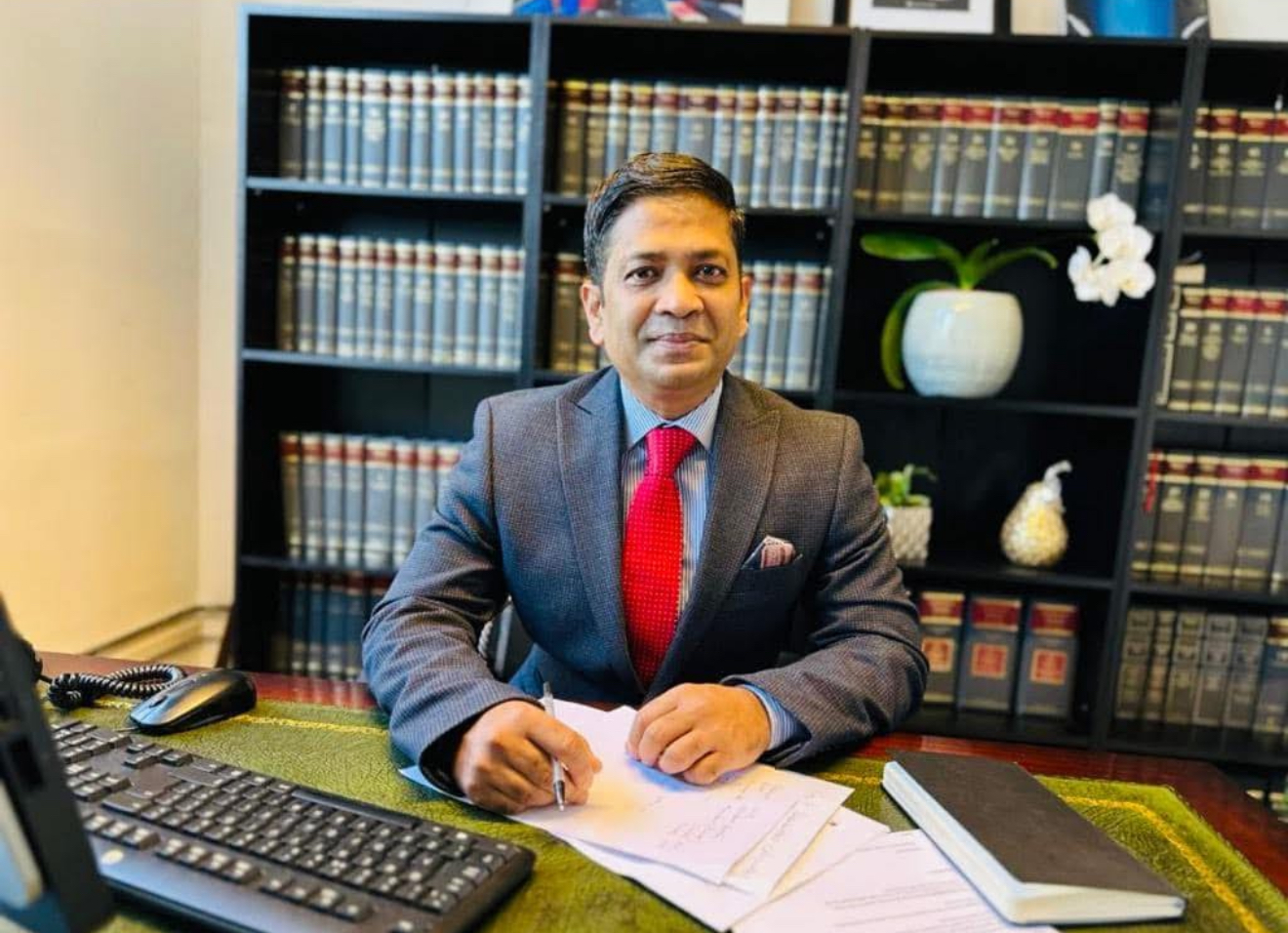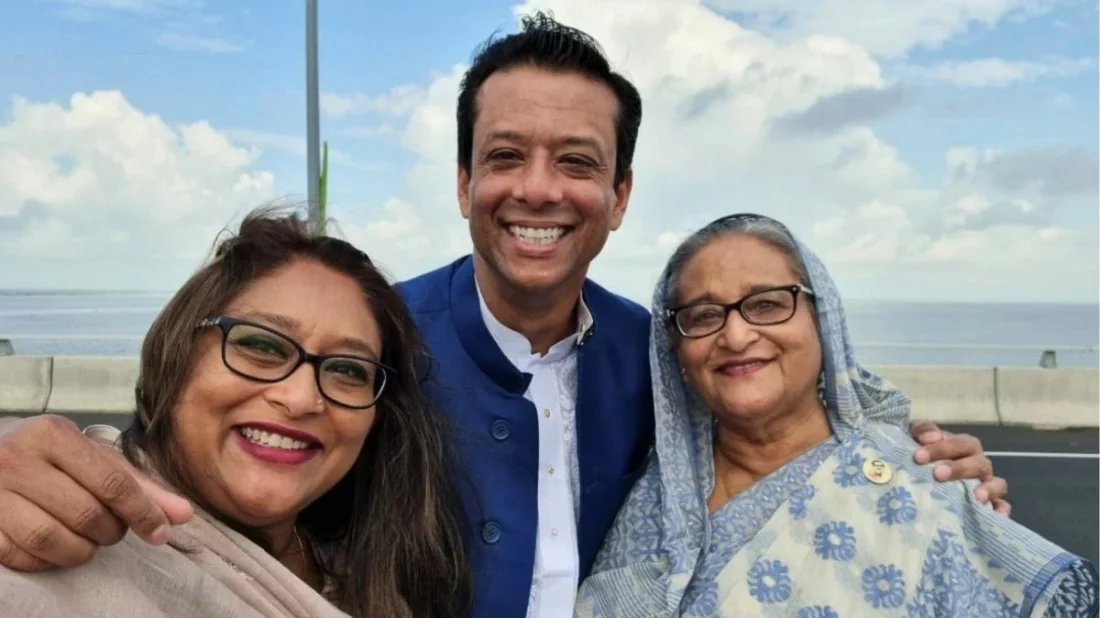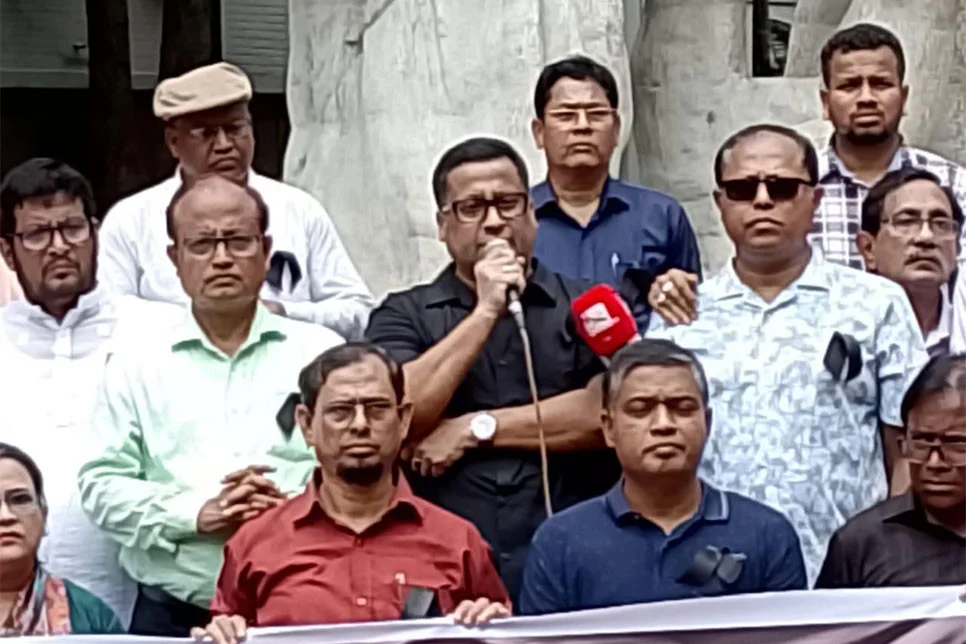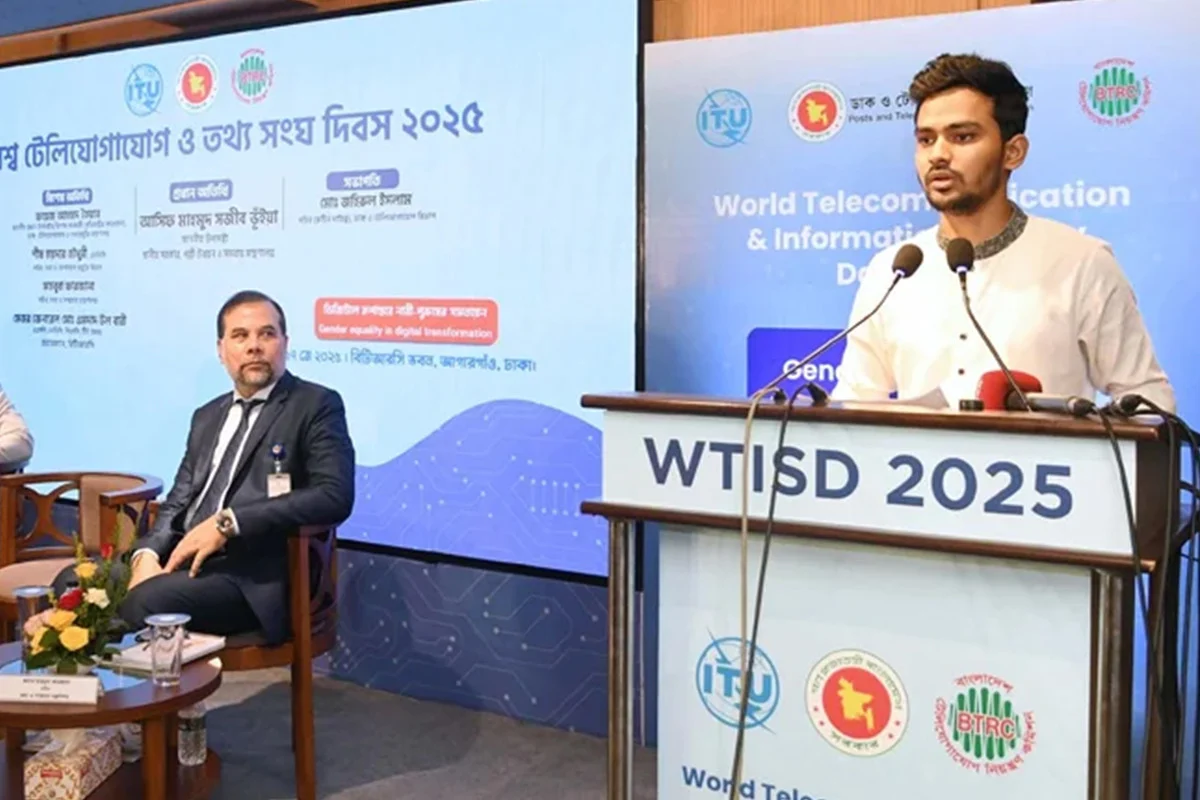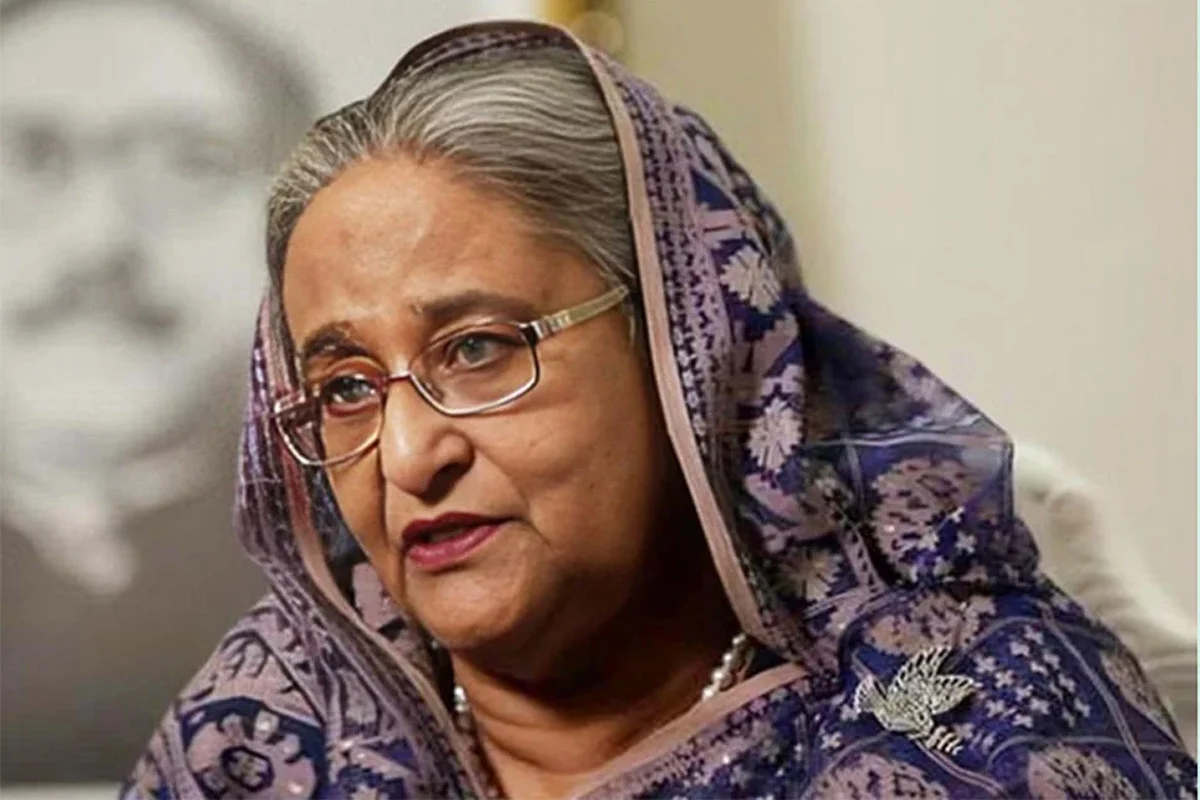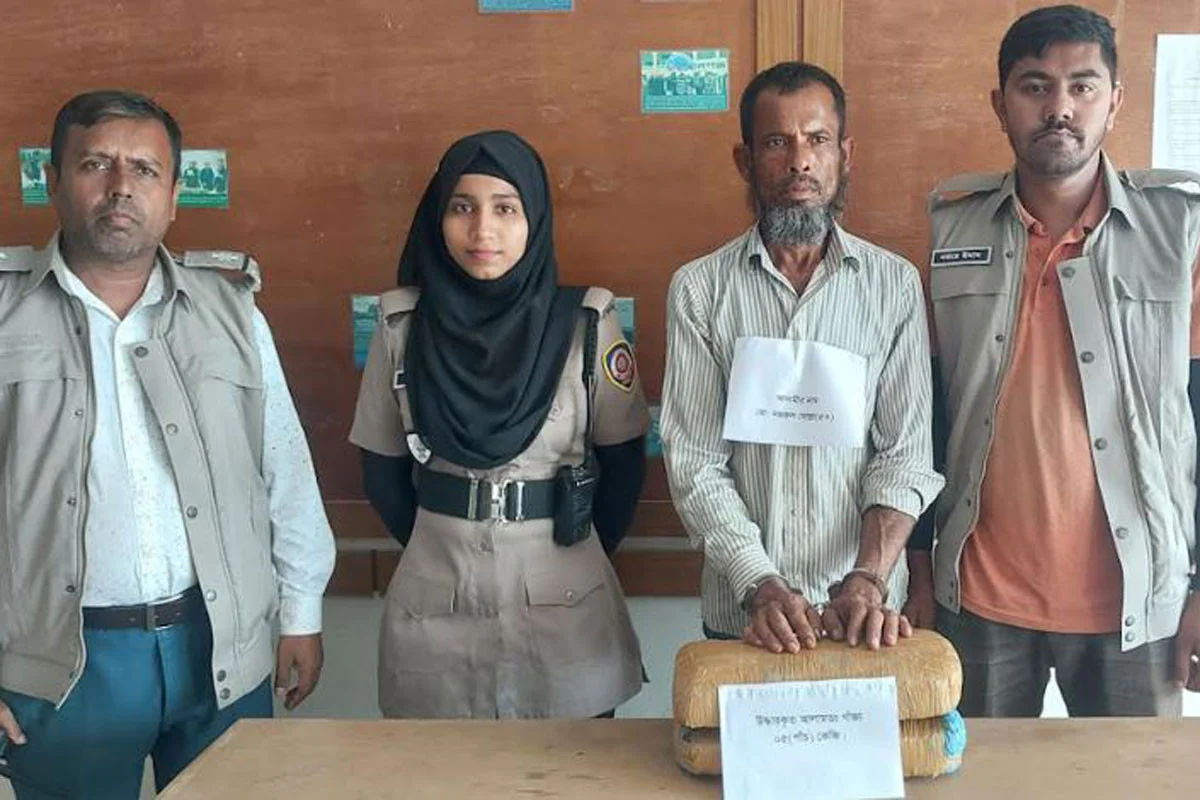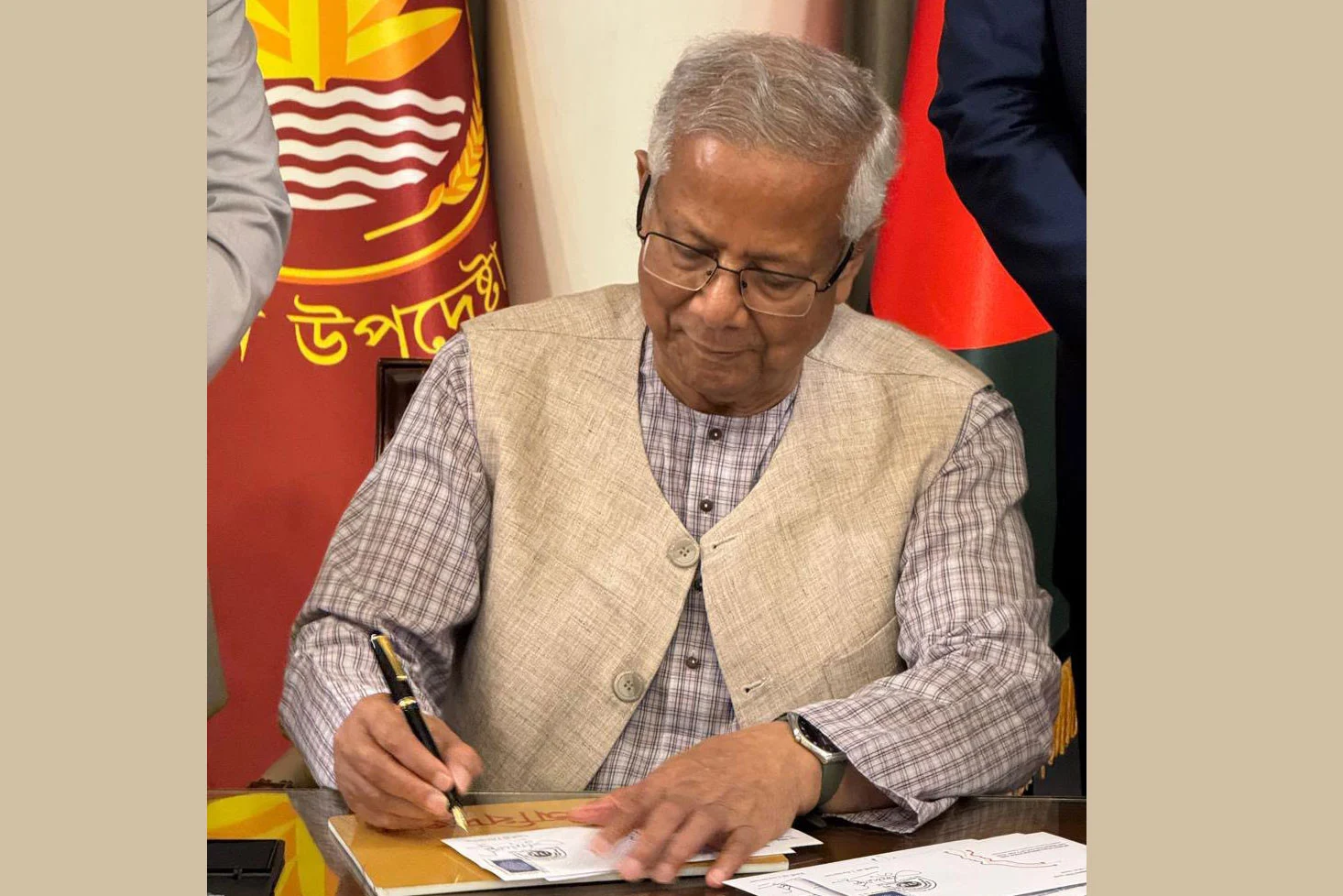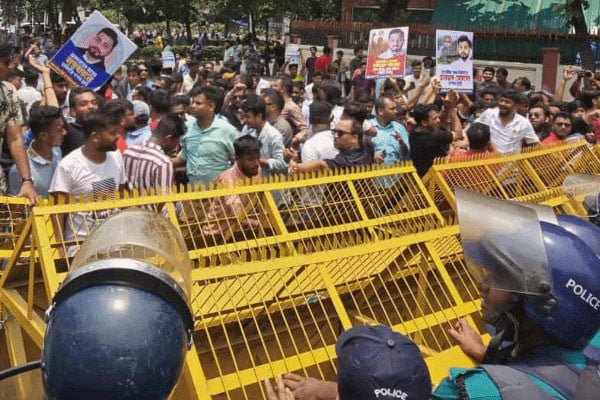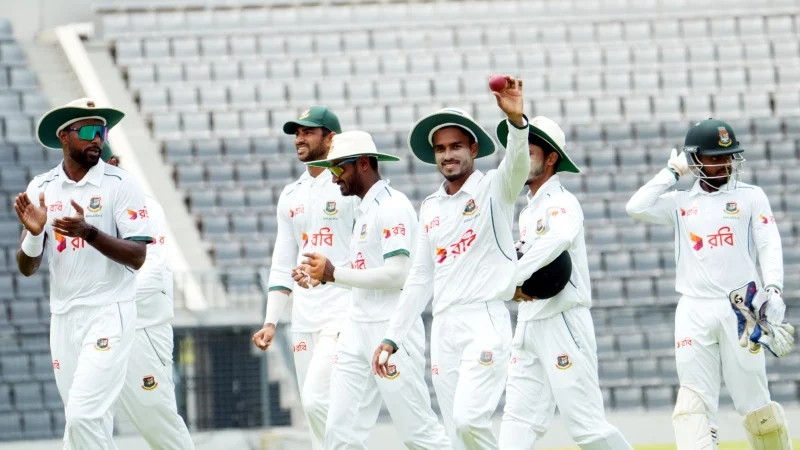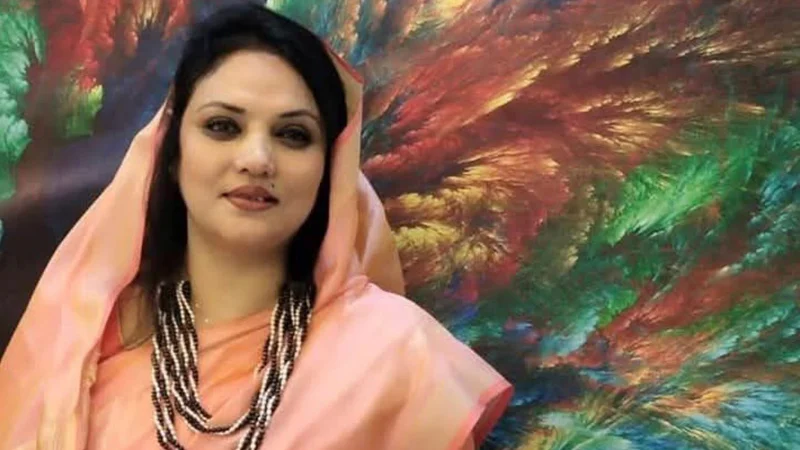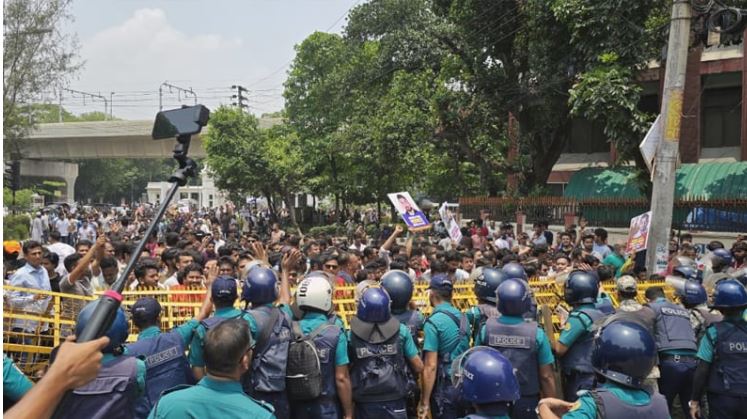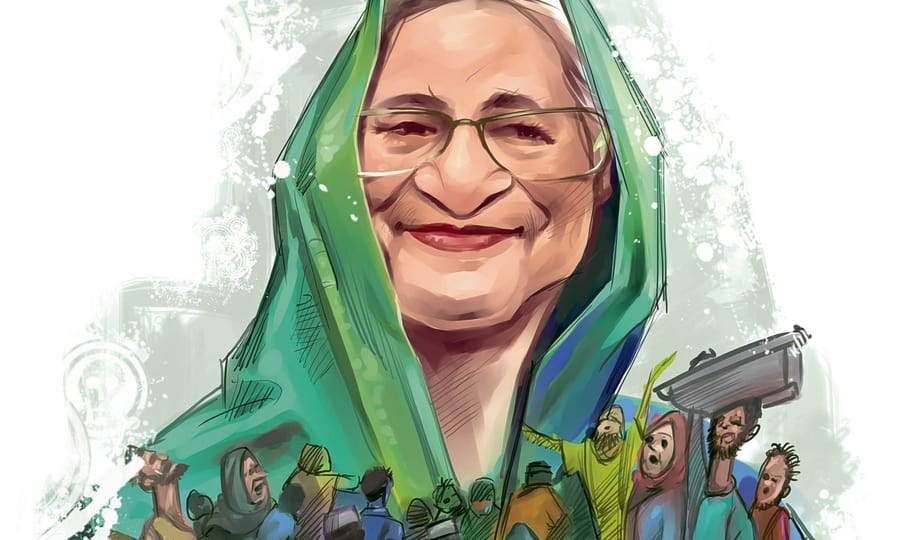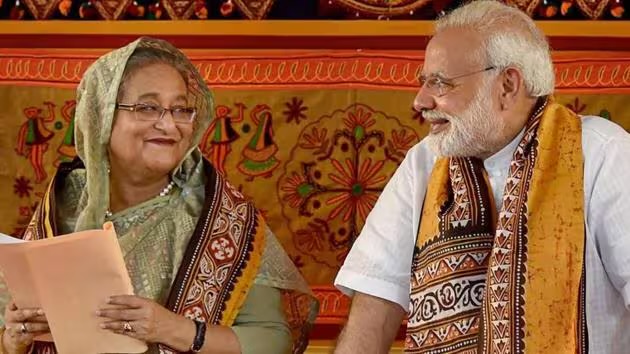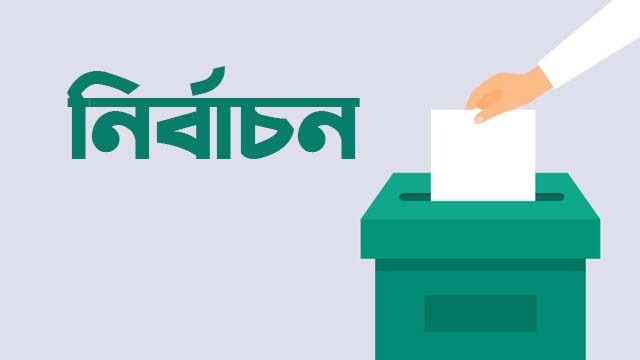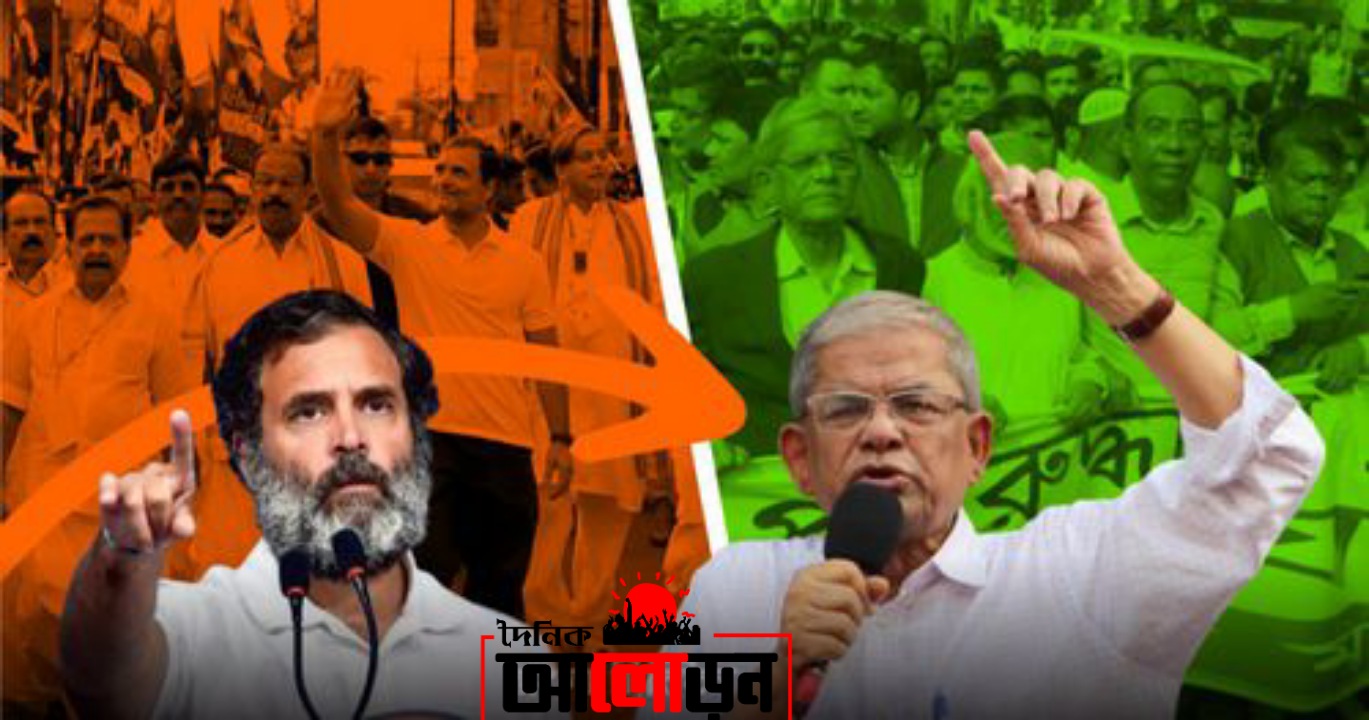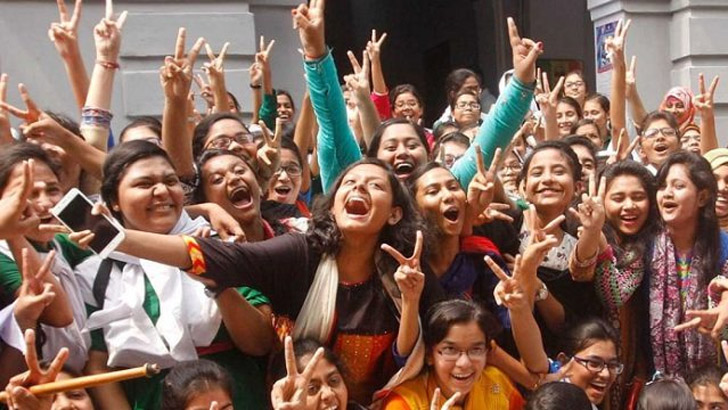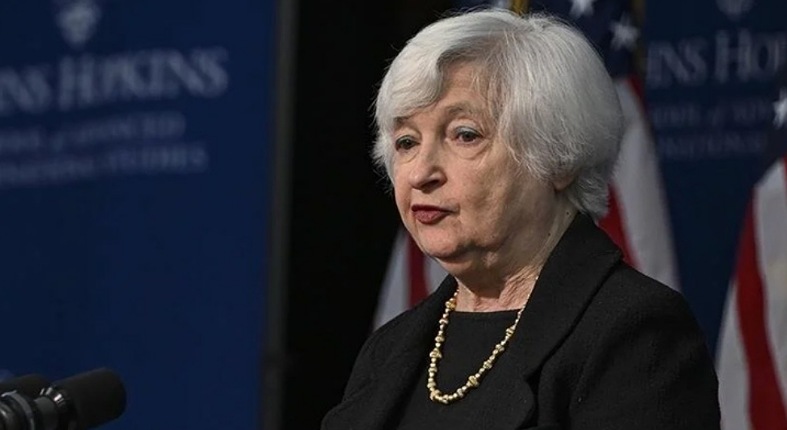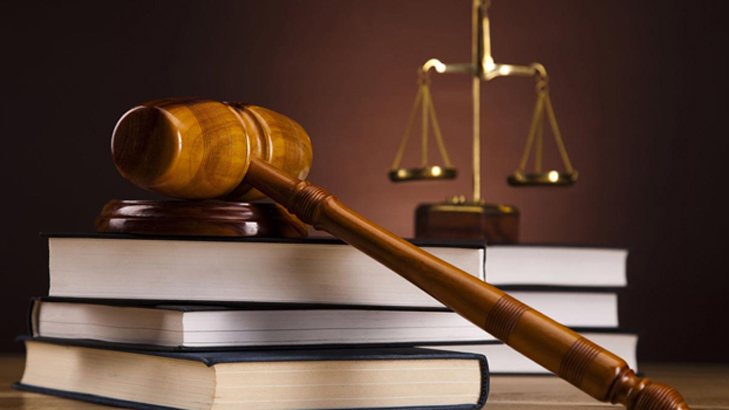
Report by Apurbo Ahmed Jewel: The independence of the judiciary in a country depends on the protection of the rights of its people. The judiciary is the cornerstone of civilization. The constitution is the supreme law of a country, and justice is a concept. To make it functional, a favorable environment must be created by the state. The issue of independence in the judiciary or the judicial system has undergone various changes in our country at different times. Through the constitution, that independence has been altered in various ways.
According to the World Justice Project (WJP), a US-based international organization, it has been observed that Bangladesh is moving towards the lower end of the global rule of law index. However, this fact is not acknowledged by the ruling party. According to WJP’s research, Bangladesh’s ranking was 102nd among 113 countries last year. In the current year, with the addition of 13 more countries to the survey, Bangladesh’s position has further declined to 112th among 126 countries. Denmark, Norway, and Finland are at the top of the index, while Afghanistan, Cambodia, and Venezuela are at the bottom. WJP has created the index based on factors such as government power constraints, absence of corruption, open government, fundamental rights, order and security, regulatory enforcement, and civil and criminal justice.
However, no government in Bangladesh has paid attention to these inevitable elements. The deterioration in Bangladesh’s ranking, especially in the areas of fundamental rights and safety, concerns the general public. Yet, the Law Minister of the government has dismissed WJP’s report as biased.
The deterioration in the rule of law index and the decline in the indicators of fundamental rights and safety in Bangladesh have alarmed the general public. However, the Law Minister of the government has dismissed WJP’s report as biased.
The independence of the judiciary in Bangladesh has been safeguarded through the fifth amendment to the constitution and the original constitution itself. However, whether the independence of the judiciary in Bangladesh is assured or not is becoming increasingly uncertain day by day. There is no clear answer to questions like whether the Chief Justice of Bangladesh, who is recommended to be impartial and clean according to Article 95 of the Constitution, can suggest changes or if the government is putting pressure on the Chief Justice. The policy guidelines for the appointment of judges to the High Court have been overlooked by the government repeatedly.
Not only the judgment of the fifteenth amendment, but the functioning of the executive and judicial branches are closely watched by the media time and time again. Although the judiciary is separate, lower court judges are still controlled by the Ministry of Law. The departure of the Chief Justice of Bangladesh, Surendra Kumar Sinha, was not entirely free from political interference, and it seems that the judiciary is moving forward, influenced by uncertainty, the government’s aggressive intrusion, and attempts to influence the law.
A rule of law system free from influence depends on the independence of the governing body of the respective state. Despite the judiciary being independent on paper, there seems to be an unwritten convention allowing the executive to keep itself happy for some reason.
Apurbo Ahmed Jewel
